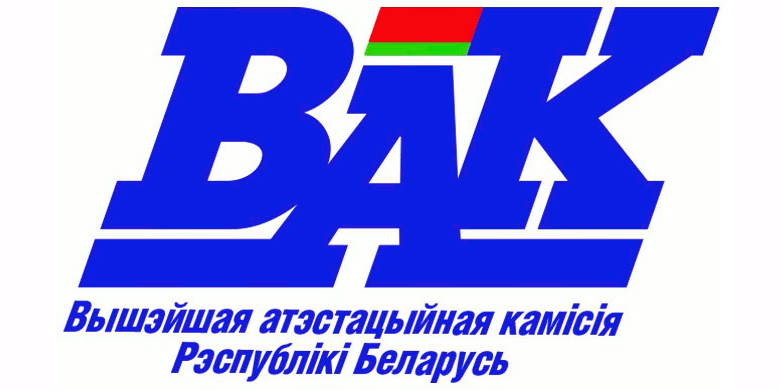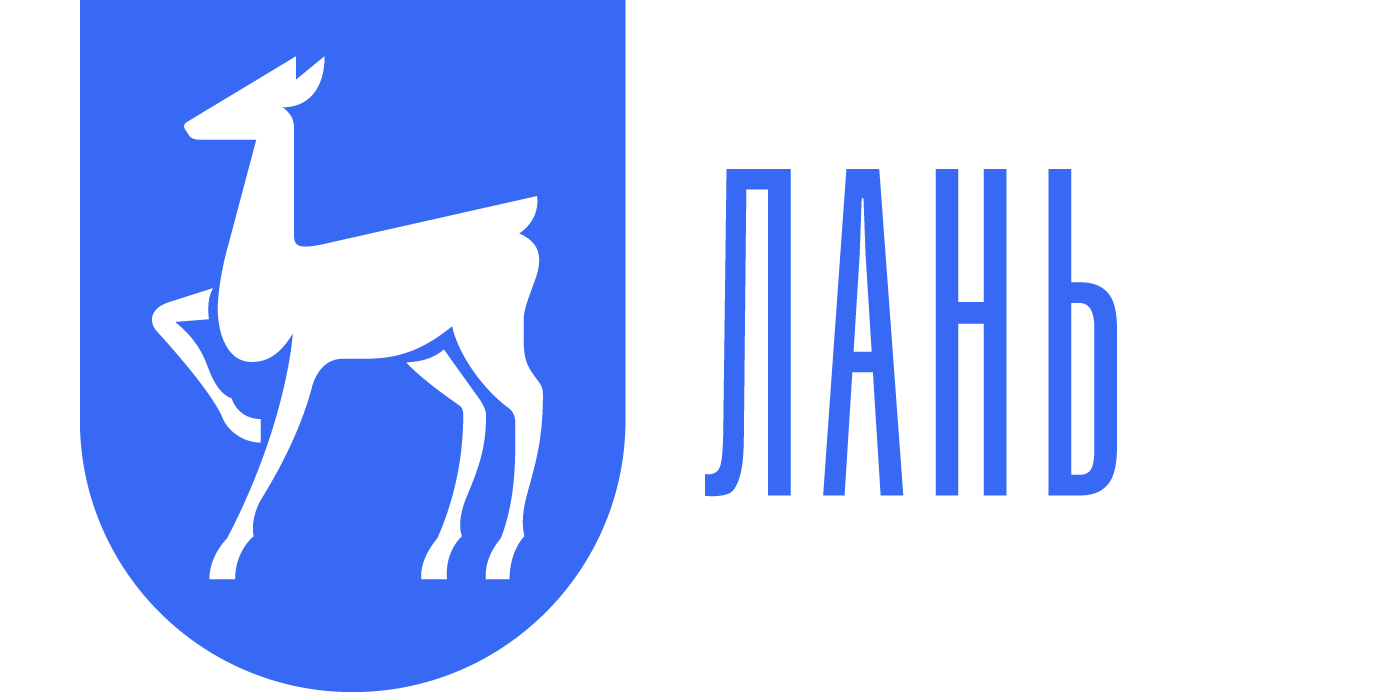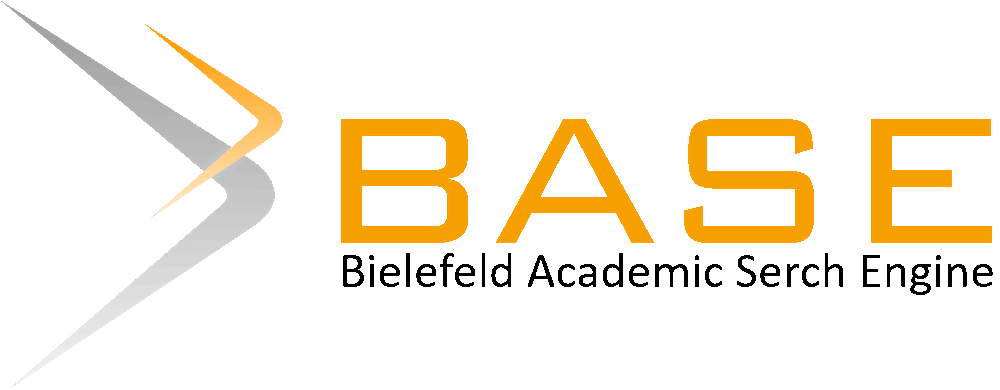Music-computer educational systems as an interactive tool for students
Keywords:
music, musical computer games, artificial intelligence chatbot, studentsAbstract
The article reveals the essence of the music-computer educational system as a multi-level structural organization of audiovisual means of visual perception of the virtual space, based on interactive and modeling mechanisms for the implementation of samples of forms, methods and styles of students' thinking based on problem fields and development prospects.
Contradictions have been established between: a) the needs of computer re-equipment of educational institutions, taking into account integrated, inclusive education, and the stereotyped training of students; b) a declaration of reforming music education and real cognitive-informational, developmental-educational and practical activities.
The system-thought-activity approach, implemented through thought-activity pedagogy and the basic task-targeted learning strategy (term N.A. Masyukova), includes samples of forms, methods and styles of thinking (methodological, constructive-technical, scientific, design, organizational and managerial, historical and etc.) instead of the information-task paradigm based on the chain of listening-memorization-assimilation-reproductive presentation of learning outcomes-assessment (A. Disterverg, Ya.A. Komensky and others).
The specific features of multimedia products (game, educational, special programs designed for independent amateur, professional levels), various types of computer technologies (presentations; electronic encyclopedias; informative, thematic and educational-game computer programs; simulator programs; virtual experiment systems; electronic textbooks and training courses; flash games), chat bots with artificial intelligence and neural networks that generate music (“ChatOPT” neural network for generating notes, “MuseNet” – a combination of various genres, “MusicLM” – creating audio from a text description.
The positions of the pedagogical activity of students as methodologists-scriptwriters, designers of teaching aids, methodologists-semiotechnologists and symbologists, methodologists-epistemotechnicians, operationalizers of thinking and proceduralists, designers of forms of teaching and learning activities, methodologists-culturologists are revealed.
References
Масюкова, Н. А. Модель дидактических сценариев уроков в условиях современной образовательной среды / Н. А. Масюкова // Столичное образование. – 2010. – № 7.– С. 20–33.
Дуйсенбаев, К. А. Музыкально-компьютерные программы: учебно-метод. пособие / К. А. Дуйсенбаев, Э. Б. Штурм ; М-во образования и науки РК.– Алматы : НИЦ «Ғылым», 2002. – 170 с.
Дворецкая, А. В. Основныетипы компьютерных средств обучения / А. В. Дворецкая // Информационные технологии. – 2009. – №3. – С.187 – 188.
Колесникова, Г. И. Искусственный интеллект: проблемы и перспективы / Г. И. Колесникова // Видеонаука. – №2(10). – 2018.– С. 34–39.
References
Masyukova N.A. Model` didakticheskikh sczenariev urokov v usloviyakh sovremennoj obrazovatel`noj sredy` [Model of didactic scenarios of lessons in the conditions of the modern educational environment]. Stolichnoe obrazovanie [Metropolitan Education]. 2010, no. 7, pp. 20–33. (In Russian)
Duisenbaev K.A., Storm E.B. Muzy`kal`no-komp`yuterny`e programmy` [Musical-computer programs: educational method. allowance]. Ministry of Education and Science of the Republic of Kazakhstan. Almaty: NIC "Gylym", 2002, 170 p. (In Russian)
Dvoretskaya A.V. Osnovny`etipy` komp`yuterny`kh sredstv obucheniya [Main types of computer learning aids]. Informaczionny`e tekhnologii [Information technologies]. 2009, no. 3, pp.187 – 188. (In Russian)
Kolesnikova G.I. Iskusstvenny`j intellekt: problemy` i perspektivy` [Artificial intelligence: problems and prospects]. Videonauka [Video Science]. 2018, no. 2(10), pp. 34–39. (In Russian)













